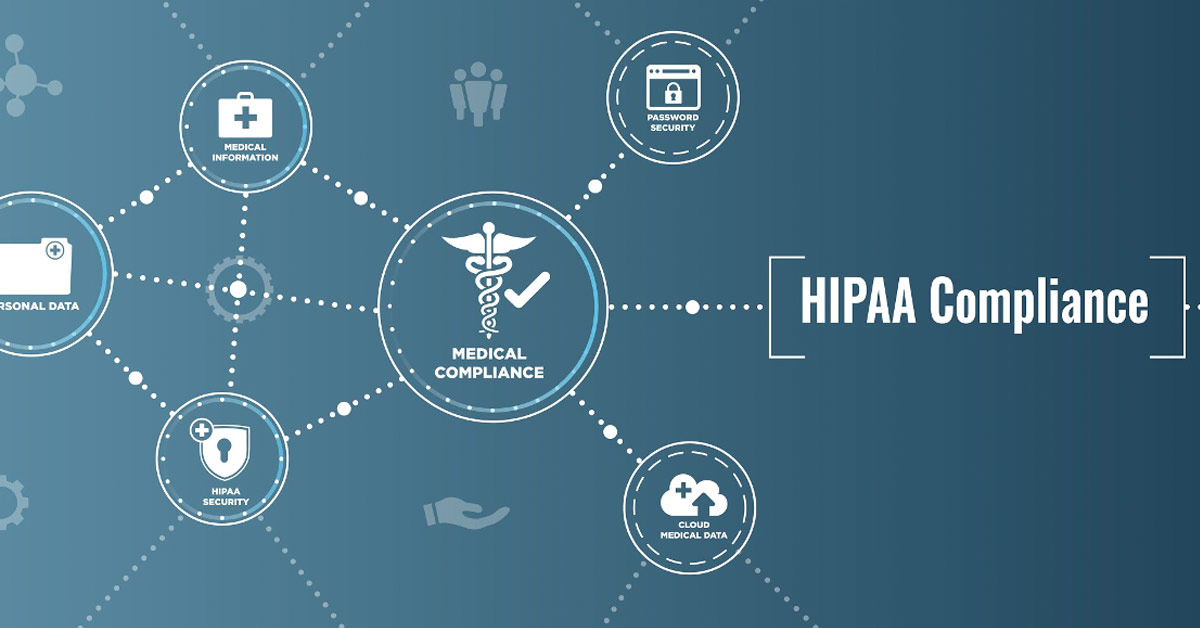Medical professionals must stay current with HIPAA guidelines for compliance. The law was put in place to safeguard patient health information. Therefore, all medical personnel must be aware with them and fully comprehend them. In the constantly changing world of information it can be difficult to maintain HIPAA compliance. There are many ways to ensure that your practice remains compliant and secure. The knowledge you have can help you protect confidential information. In compliance with these regulations is crucial to keep private information from potential breaches of security and loss of confidence in your practices. Implementing HIPAA compliance measures is an important step in building a successful medical practice.

HIPAA compliance is essential for anyone who works with sensitive patient information. All entities who interact with Protected Health Information (PHI) are required to comprehend and follow the guidelines that are outlined in HIPAA regulations. If they do not comply, it could result in severe penalties, or even the loss privacy for patient information. It is vital for businesses to be able to swiftly react to any security breach that could occur. It is crucial to stay up to date with the increasing amount of data breaches as well as cyber-attacks. With a thorough understanding of HIPAA regulations healthcare facilities can be sure that their patient’s data is safe while avoiding costly penalties and sanctions.
Complying with HIPAA can give employees peace of mind knowing that their personal health information is treated in compliance with the highest standards of patient privacy. With a comprehensive HIPAA compliance plan employers can make sure that all data measures are taken to safeguard employees’ personal and medical information, providing them with the assurance that their sensitive information won’t be exposed unnecessarily and inappropriately. This builds trust between employees and employer, giving the impression that they’re taking responsibility for protecting each other’s privacy as well as their shared goals. HIPAA compliance helps businesses create secure and safe workplaces. employees can feel secure that their medical records are private from unauthorised users.
HIPAA compliance is an essential aspect of all healthcare systems It is important to be aware of when to declare the presence of a HIPAA violation. It is vital to comprehend the requirements of the law. Healthcare providers must safeguard confidentiality and privacy of patient information. Any entity or person who has access to PHI is responsible for promptly reporting any suspected breach of patient information. Criminal and civil penalties could be applied for negligence in the reporting of a violation. In addition, affected patients are entitled to submit a complaint to the Department of Health and Human Services Office for Civil Rights in the event that they believe their rights or PHI were violated. It is vital to inform employees of HIPAA compliance, and to offer extensive training on HIPAA guidelines. This can reduce the risk of non-compliance.
Conformity with HIPAA regulations can benefit employees in a variety of ways. This not only ensures their personal information, but provides assurance that their employer is taking the necessary steps to protect their health. HIPAA compliance facilitates communications between employers, employees as well as their healthcare providers. Employees can feel confident that they are communicating with those they trust in a safe environment. It is possible to keep employees ‘ and employers private information secure increases confidence, which leads to greater job satisfaction and better retention rates. HIPAA compliance demonstrates to employees that your company appreciates and is concerned about its employees. It also assists you to build a productive and collaborative workplace.
For more information, click hipaa compliance regulations
